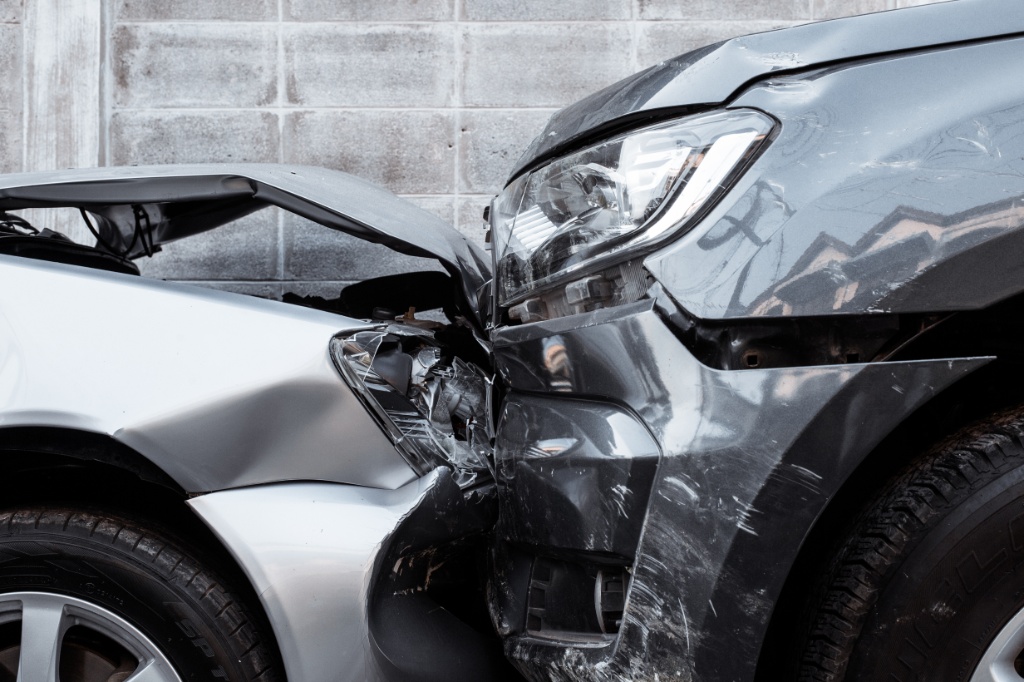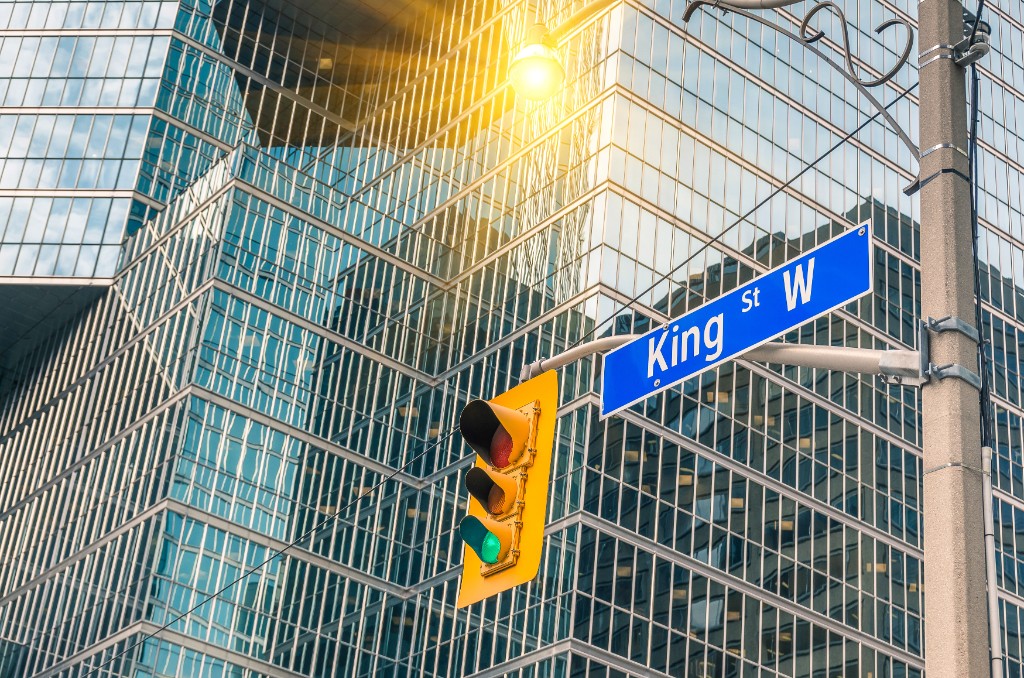July 10, 2013 | car accident Claims
Stay Safe During Long Weekend Driving
Table of Contents
After 5 days of busy work at the office, the long weekend is just what we need to relax and drive away from the city. However, many long weekend drivers are far from careful. Car accidents over long weekends seem to continue to produce fatalities despite the fact that the Ontario Provincial Police (OPP) struggles to keep roads safe across the province. The only method that seems to be working is to hand out numerous tickets and dangerous driving charges in an effort to draw attention to how careless driving increases during Ontario’s long weekends.
People lose their lives and sustain serious automobile-related injuries nearly every long weekend. A simple weekend getaway can potentially transform into a tragedy for you or a loved one. Many of these accidents are completely preventable.
All It Takes Is Willingness To Observe Some Simple Safety Measures While Driving:
- Using hand-held communication devices is the main source of distraction for motorists causing them to lose their focus of the road. Sending text messages can be the cause of an immense tragedy if performed while driving. As a driver, you may notice too late or not at all the pedestrian attempting to cross the street or you may drift into another lane and end up colliding with another car. Whatever the case, the results can be devastating. OPP officers report having laid over 330 distracted driving charges over a single weekend.
- Speeding during your long weekend drive will only increase your likelihood of getting into an accident. Fatalities caused by speeding are harsh reminders of the devastating effects of careless driving. All it takes to avoid this is to slow down. The OPP has reported seeing more than 8,289 speeding charges laid over a single weekend. These numbers speak for themselves – obey the speed limit!
- A simple action, like wearing your seatbelt can save your life in the event of an unfortunate accident, no matter who is to blame. Do your best to minimize potential injuries to you and your passengers by ensuring everyone is buckled up. Amazingly, over 800 people are still charged every long weekend because they fail to do what should be an automatic habit: putting on their seat belt.
- In one weekend only, over 100 people can be charged with alcohol and/or drug impaired driving. The numbers just go to show just how reckless people can be when it comes to getting behind the wheel. Although OPP officers are busy doing their part to keep the roads safe, they can hardly stop all those who drink and drive. A sober mind will not only protect you, but will also protect passengers, other drivers, and pedestrians.
Long weekend driving can be a real pleasure if you simply adjust your driving style to the road conditions, be cautious about speeding or driving aggressively, stay away from alcohol or drugs, use hands-free communication, and simply put on your seat belt and encourage your passengers to do the same. It doesn’t take extraordinary efforts to stay safe over long weekends while driving; it is all about being responsible.
At Preszler Injury Lawyers, we work with many individuals who have been involved in motor vehicle accidents. This long weekend, don’t contribute to the above statistics. Stay safe and enjoy a happy, healthy, and relaxing break!
Blog Categories
More car accident Topics
Here’s more information on car accident related topics that we think you might find helpful.

car accident
|
March 19, 2025
Recognizing Concussion Signs After a Car Crash
The shock of a car crash can be overwhelming. The resulting injuries can be devastating, particularly concussions. Recently, there has been an increasing awareness of…

car accident
|
July 3, 2024
Motor Vehicle Fatalities on the Rise in Canada – 2024 Data Study
Overall Findings: After three decades of decline, the number of motor vehicle fatalities in Canada went up by 6% in 2022 The number of fatalities…

car accident
|
September 13, 2023
Traffic Signals: Be Careful Even on a Green Light
From a young age, we are taught that our traffic signals designate directions by colour: red means ‘Stop ‘; green means ‘Go.’ Designating traffic directions…
